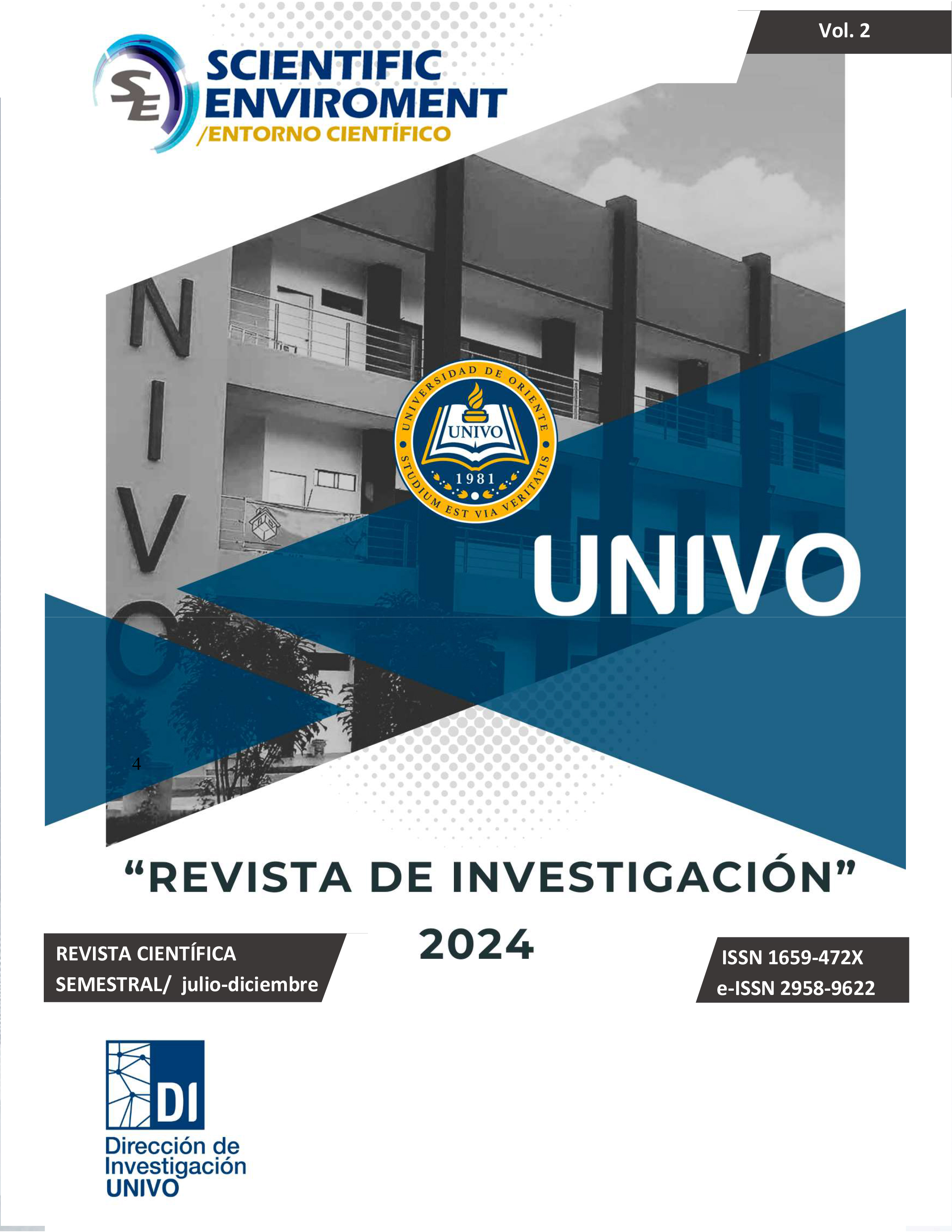Study of mobility and work history in university students graduating from Economic Sciences in San Salvador.
DOI:
https://doi.org/10.5377/revunivo.v2i15.19526Keywords:
Work trajectory, labor mobility, higher education, graduates, labor mobility factorsAbstract
Understanding the educational and labor trajectory of university graduates from the Faculty of Economic Sciences in San Salvador makes it easier to understand their realities and identify areas for improvement. The objective of this study is to analyze mobility in the educational and labor career of graduates with the purpose of evaluating the incidence of mobility factors throughout this period, that is, the perspective from which there is an influence by through obtaining an academic degree in the professional's work improvement. To do this, we use a descriptive-exploratory approach, using surveys and focus groups to collect information. The study provided valuable information to improve educational programs and ensure the quality of their training, as well as the influence of higher education on job opportunities. The results show the existence of an influence of labor mobility factors focused on formal education (33.3%), being good at what one does (19.6%), having training and diplomas (17.6%), and knowing languages (15.7%). %). These are analyzed from a milestone determined by obtaining a university academic degree in accordance with the standards established in the requirements of job positions in the Salvadoran reality.
313

Downloads
Published
How to Cite
Issue
Section
License
Copyright (c) 2024 Research journal

This work is licensed under a Creative Commons Attribution-NonCommercial-ShareAlike 4.0 International License.
